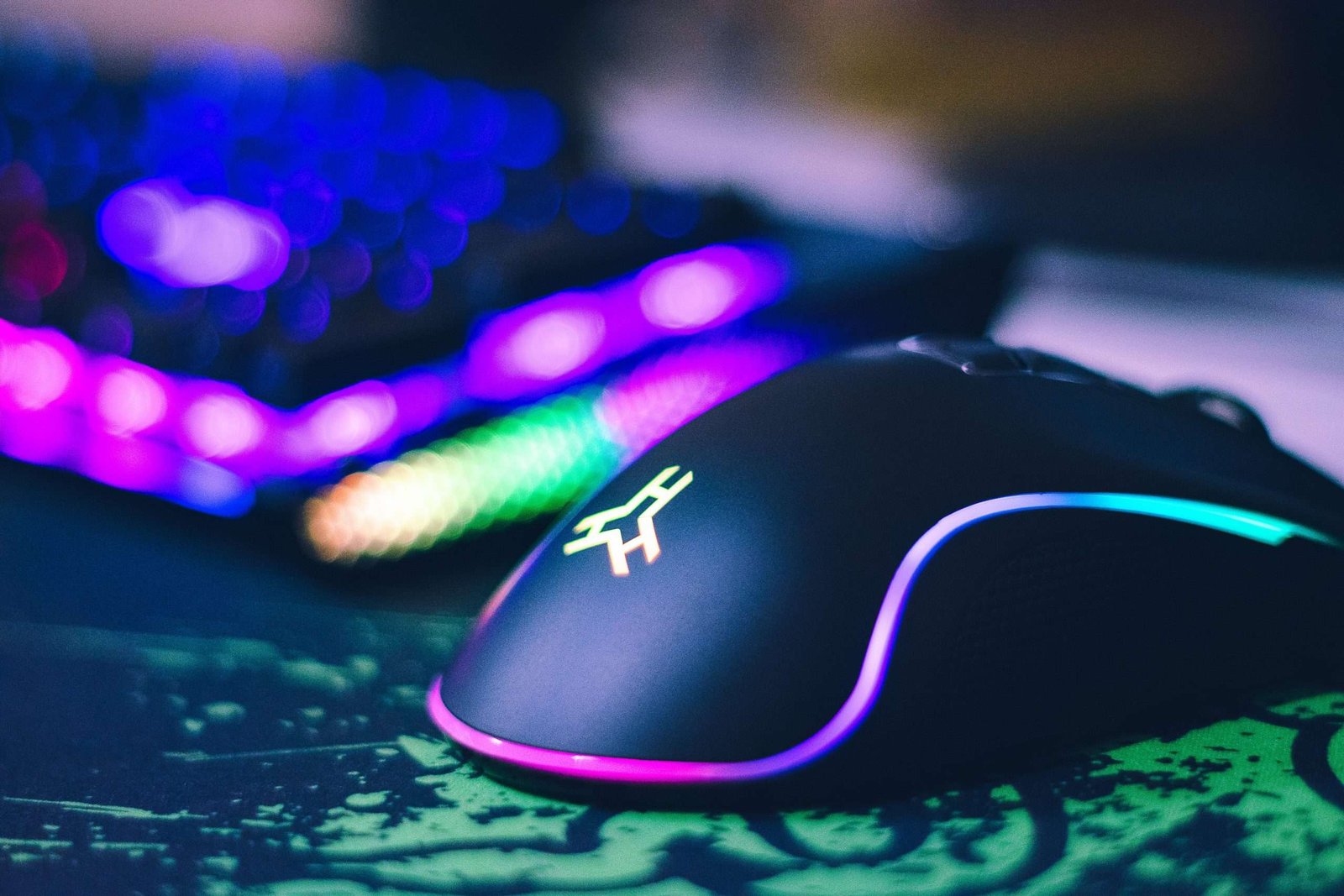When selecting a gaming mouse, it’s important to consider the following factors:
- Sensor type and sensitivity: The sensor is responsible for tracking the movement of the mouse and translating it into cursor movement on the screen. There are several types of sensors available, including laser and optical sensors. It’s important to choose a mouse with a high-quality sensor that is capable of accurately tracking movement at a wide range of speeds. The sensitivity of the sensor, measured in dots per inch (DPI), determines how much the cursor will move in response to movement of the mouse. A higher DPI allows for more precise movement, but may also make it more difficult to control the cursor.
- Ergonomics: A comfortable mouse is important for long gaming sessions, so it’s worth considering the shape and size of the mouse, as well as the materials used in its construction. Look for a mouse that fits well in your hand and has a grip that is comfortable for extended use.
- Button layout and customization: Many gaming mice come with additional buttons that can be programmed for specific in-game actions. Consider the layout and number of buttons, as well as the ability to customize them to your preferences.
- Wireless or wired: Wireless mice offer the convenience of not having to deal with a cord, but they may have a slightly higher latency and can be prone to interference. Wired mice, on the other hand, offer faster response times and a more reliable connection.
- Price: Gaming mice can range in price from a few dollars to several hundred dollars. Consider your budget and the features you need when deciding how much to spend.






0 Comments